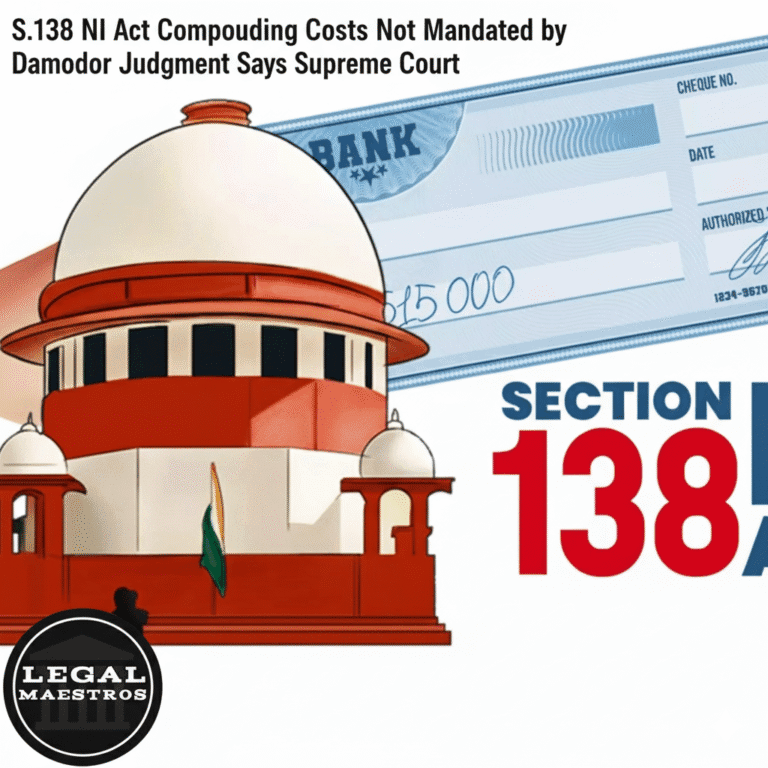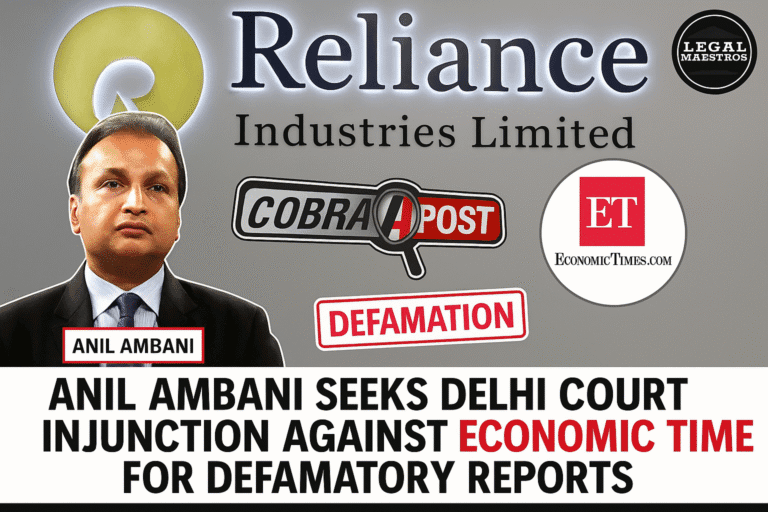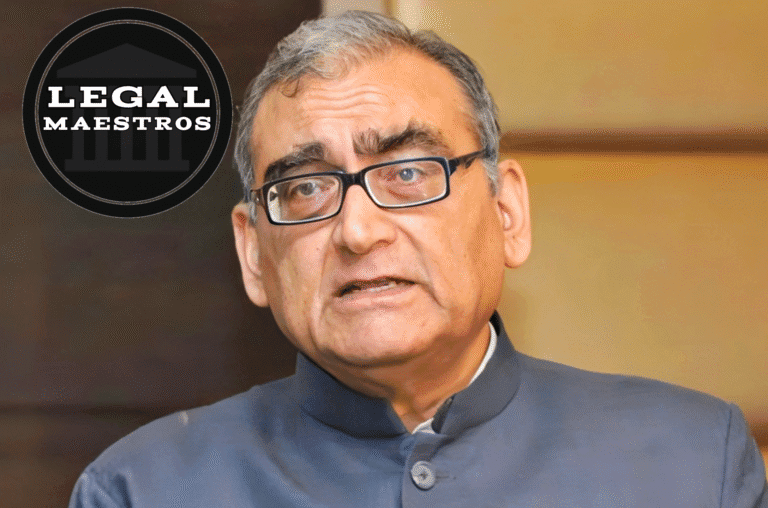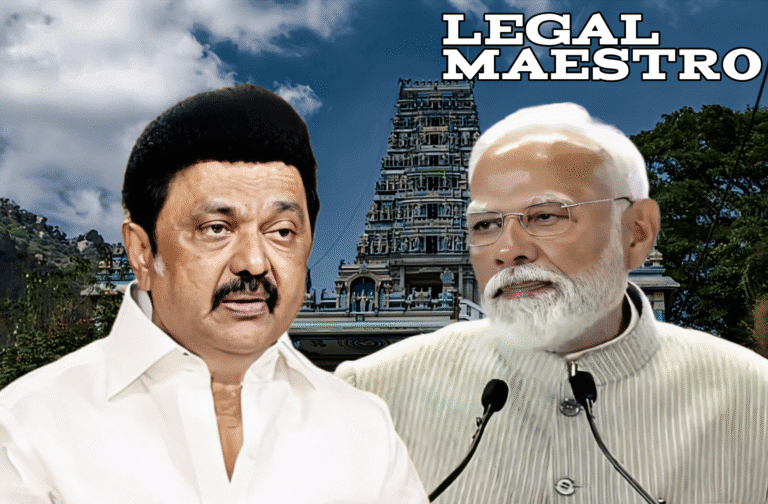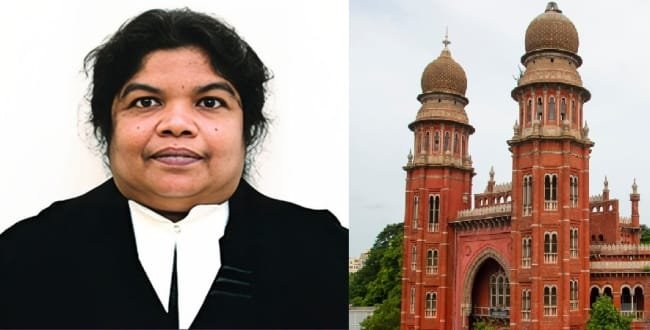
Presidential References Under Article 143: Constitutional Implications in the Tamil Nadu Governor Deadline Dispute
In the beginning
When he delayed calling a meeting of the state legislature for more than half a year, the governor of Tamil Nadu has recently become the focal point of a constitutional argument. It seemed as though this delay was in direct opposition to the norm that a legislative assembly must convene at least once every six months.
In response, the Chief Minister of Tamil Nadu sent a request to the President of India, requesting an advisory opinion in accordance with Article 143 of the Constitution. There are significant concerns that arise as a result of this circumstance regarding the extent of presidential references, the function of the governor, and the distribution of power between the federal government and the states.
Legislative Sessions Must Be Held in Accordance with the Constitution
In accordance with the Constitution of India, every state legislature is required to convene at least once every six months without fail. The purpose of this rule is to guarantee that elected representatives are able to carry out their responsibilities of exercising oversight and creating laws. When a governor disregards this duty, it causes a disruption in the normal functioning of democracy at the state level inside the state.
For any queries or to publish an article or post or advertisement on our platform, do call at +91 6377460764 or email us at contact@legalmaestros.com.
When there is a gap of six months without a session, it is possible that important concerns of governance, such as the adoption of the budget and discussions over public policy, are not handled. It is also possible for such a delay to undermine the notion of joint responsibility, which serves as the foundation for the connection that exists between the legislature and the executive branch.
The Governor’s Function in accordance with the Constitution
The President is the one who makes the appointment of the governor, who is the constitutional head of a state. The elected council of ministers is the body that the governor is supposed to follow when making decisions. In actuality, the governor has the ability to use discretionary powers in specific areas, such as when there is no one party that controls a clear majority after elections or when it comes to providing assent to measures.
On the other hand, calling a meeting of the legislature by the governor is normally a routine exercise of the governor’s job. The governor’s refusal or postponement of a summons without a good justification might give rise to concerns regarding the governor’s impartiality as well as the appropriate use of constitutional authority.
For any queries or to publish an article or post or advertisement on our platform, do call at +91 6377460764 or email us at contact@legalmaestros.com.
Presidential References and Article 143 of the Document
In accordance with the provisions of Article 143 of the Constitution, the President is authorized to pursue the opinion of the Supreme Court on matters of law or fact that are of substantial concern to the general public. This authority is commonly referred to as a “presidential reference.” When it comes to matters that entail the interpretation of constitutional provisions or that have an impact on the running of the Union or the states, the President has the authority to refer them.
When it comes to situations of this nature, the opinion of the Supreme Court is advisory rather than binding; yet, it has a significant amount of moral and persuasive weight. Obtaining clarity on difficult constitutional questions can be accomplished by the President through the process of getting an advisory opinion before taking any further action.
For More Updates & Regular Notes Join Our Whats App Group (https://chat.whatsapp.com/DkucckgAEJbCtXwXr2yIt0) and Telegram Group ( https://t.me/legalmaestroeducators )
For any queries or to publish an article or post or advertisement on our platform, do call at +91 6377460764 or email us at contact@legalmaestros.com.
Facts Regarding the Conflict in Tamil Nadu
Within a period of six months following the conclusion of the preceding session of the state assembly, the governor did not convene the assembly. The delay that the governor was experiencing was framed as a breach of the Constitution in a letter that the Chief Minister sent to the President.
After then, the President brought the matter to the Supreme Court in accordance with Article 143, requesting the court to determine whether or not the action taken by the governor was constitutionally valid and what steps, if any, should be taken next. Regarding the behavior of a governor in regard to the state legislature, this referral constitutes a substantial exercise of Article 143 because it directly impacts the conduct of a governor.
An Examination of the Referral within the Constitution
whether it comes to the law, the most important question is whether or not a governor’s decision regarding whether to call a meeting of the legislature is susceptible to judicial or advisory scrutiny.
For any queries or to publish an article or post or advertisement on our platform, do call at +91 6377460764 or email us at contact@legalmaestros.com.
According to custom, the governor makes decisions based on the recommendation of ministers; hence, the failure to summon could be an indication of a malfunction in the constitutional process rather than a simple breach of administrative supervision. In its advisory opinion, the Supreme Court will most likely investigate the extent to which the Constitution accords governors the authority to exercise discretionary power.
It is also possible that it will investigate the distinction between issues that are merely constitutional questions and those that entail political judgment. The interpretation of the Court will serve as a model for future behavior on the part of governors in every state.
Potential Consequences for Federalism
This disagreement will have a significant impact on the federal structure of India. A significant amount of autonomy is granted to states with regard to their internal affairs, which includes the scheduling of legislative sessions. Nevertheless, governors are appointed by the Union, and they may occasionally find themselves in conflict with the governments of their respective states.
For any queries or to publish an article or post or advertisement on our platform, do call at +91 6377460764 or email us at contact@legalmaestros.com.
In the event that the advisory opinion places significant limitations on the discretion of a governor, it has the potential to strengthen state autonomy and reduce centralized influence. On the other hand, if it maintains a broad discretionary power for governors, it can be interpreted as a consolidation of Union control over the states.
The Supreme Court’s decision to strike a balance will have long-lasting implications on the relationship between the center and the state.
Convention versus Formal Constitutional Documentation
There is a significant amount of reliance on unwritten conventions that are derived from the British system in the Indian constitutional practice. Particularly in topics that are considered to be regular, it is customary for the governor to take action based on the assistance and recommendations provided by the state council of ministers.
For any queries or to publish an article or post or advertisement on our platform, do call at +91 6377460764 or email us at contact@legalmaestros.com.
In the event that a governor disregards this convention by postponing a session, they run the risk of weakening the confidence that exists between elected officials and the constitutional head of state.
It will be made clear by the advisory reference whether or not such conventions have the force of law or whether they continue to be guiding principles. When it comes to interpreting written provisions, the Supreme Court has the ability to explain the weight that should be assigned to customs.
A Look at the Boundaries of Judicial Review
Although the advisory opinion issued by the Supreme Court in accordance with Article 143 does not constitute a precedent that is legally enforceable, it does serve to direct future political and judicial action.
For any queries or to publish an article or post or advertisement on our platform, do call at +91 6377460764 or email us at contact@legalmaestros.com.
There is a possibility that it will provide an explanation of the conditions under which any delay in calling the legislature becomes justiciable. On the other hand, the Court can also stress the importance of avoiding excessive judicialization of political issues.
Review of executive actions by the judiciary must adhere to the principle of separation of powers, which ensures that the judiciary does not intrude into the lawful discretion of the administrative branch. The advisory opinion has the ability to establish limits for judicial intervention, which helps to maintain both the rule of law and the independence of the individual departments of government.
Implications and Consequences That Could Occur
Depending on the opinion of the Supreme Court, the President may request that the governor promptly call a meeting of the Tamil Nadu assembly. Alternatively, the Court may just define the constitutional parameters without prescribing any particular action.
For any queries or to publish an article or post or advertisement on our platform, do call at +91 6377460764 or email us at contact@legalmaestros.com.
To convey a strong signal that governors are required to adhere rigorously to constitutional standards, a public rebuke of the delay would be an effective way to do so. On the other hand, a nuanced opinion may say that there is some room for discretion, but it would also emphasize the importance of taking timely action in routine cases.
The opinion will, regardless of the outcome, serve as a source of future advice for governors and state governments in the event that disagreements occur.
Final Thoughts
The difference of opinion about the deadline for the governor of Tamil Nadu, as well as the subsequent presidential reference under Article 143, constitute a significant turning point in constitutional law. Specifically, it examines the equilibrium that exists between written requirements, such as the mandate for legislative sessions to take place every two years, and the norms that control the behavior of governors.
For any queries or to publish an article or post or advertisement on our platform, do call at +91 6377460764 or email us at contact@legalmaestros.com.
Because of the advisory judgment issued by the Supreme Court, the concept of gubernatorial powers and the relationship between the center and the state will be shaped for many years to come. In conclusion, this case highlights the critical need of having clear constitutional mandates, maintaining steadfast respect for democratic procedures, and exercising discretionary power in a deliberate manner by constitutional officials.


